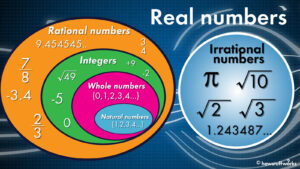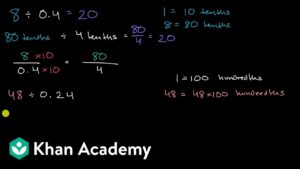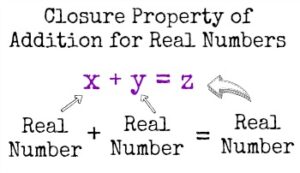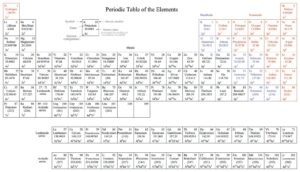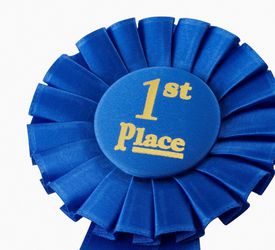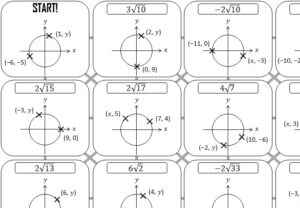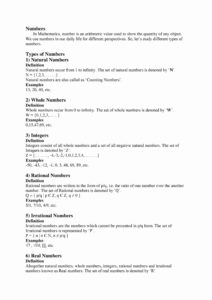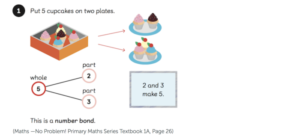How Do You Compare Numbers Through The Dollar?
The way how do you compare numbers through the millions is not as easy as you may think. It is very difficult to compare different quantities, especially if they are all coming from different sources. In order to compare apples to apples, it would be much easier if they were apples and applesauce. But then, it can get a little bit tricky when there are so many comparisons to be made. In fact, it’s not only comparing apples to apples, but there also have to be other types of comparison. Let me explain.

If you have a thousand dollars, and you want to know how do you compare that to a hundred million dollars, well you must first understand what a thousand dollars is. Just multiply the two together and you’ll get the amount of money you would need to live for a year, or about three hundred days. Now, if you want to know how do you compare those dollars, then you must first understand what a million dollars looks like. Multiplying by twelve gives us the amount of money needed to live a year. Add twelve and you’ll get a billion.
Those are simple enough. The real question here is how do you compare numbers through the millions. This is a slightly more difficult question, but still not too hard.
One way to look at how do you compare numbers through the millions, is to do exactly the same thing as I did above for apples, except this time use bigger numbers. What you should do is multiply the two numbers together, and come up with the amount of money needed to live a year. Add twelve to that number, and we’ve got our next billion. Those are just the basics to start dealing with. There are more numbers to go through, but I think you get the picture.
How do you compare those values though, when you’re talking about a percentage? The problem is that people don’t always see percentages the right way. You have to put some thought into what you mean. In most cases, you’re just looking at the monetary value, and not necessarily the emotional value. If you could relate the monetary value to your emotions, it would be easier to relate the emotional value to your money.
So how do you compare your dollars to your feelings for other people? There is something called the power of gratitude. This is a powerful force, which can change your life. When you feel gratitude for something, that translates directly into the currency you are using, and the kind of person you are.
You can actually buy a lottery ticket with the exact same numbers you have now, by focusing on the numbers and the power behind them. This makes you infinitely more likely to win the lottery, so I think it’s a fair comparison. It doesn’t matter if you have a million dollar bills in your pocket – when you focus on your million dollar bills, they become less important to you.
It takes an honest self-appraisal to answer the question, “How do you compare numbers through the dollars?” You have to look at the numbers and what you have on hand. That’s where the power lies. Then, once you realize that gratitude trumps all else, you’ll find that the ability to make any number match up, will happen naturally.
And once you realize that gratitude trumps all else, you’ll find that the power of money will come automatically – and you won’t need any other motivation to get started. Once you compare the money in your pocket to the money you want, you are motivated to get more of the money that you have right now, instead of waiting for it. This is a psychological benefit as well, because you’ll find that the more you focus on your wants, the more you will attract the good vibrations, and the power to attract more of what you desire.
Now, it is possible to use the power of numbers through the dollars. When you start comparing, you will notice that the best comparison is always to look at the value of the less with the extra. When you look at the value of the dollars and the extra you receive, it’s easier to see the direct benefit of the gratitude you are focused upon. The more you appreciate the dollars, the more you will value the extra. So when comparing, focus on the value of the dollar instead of the number.
And finally, there is another comparison that is often used. Instead of the comparison between numbers, it is often suggested that you compare emotions. This is based on the observation that there is only one kind of energy, and that is happy or joyful. By contrast, negative energies like anger, sorrow, sadness and others are seldom united with any kind of positive energy.



